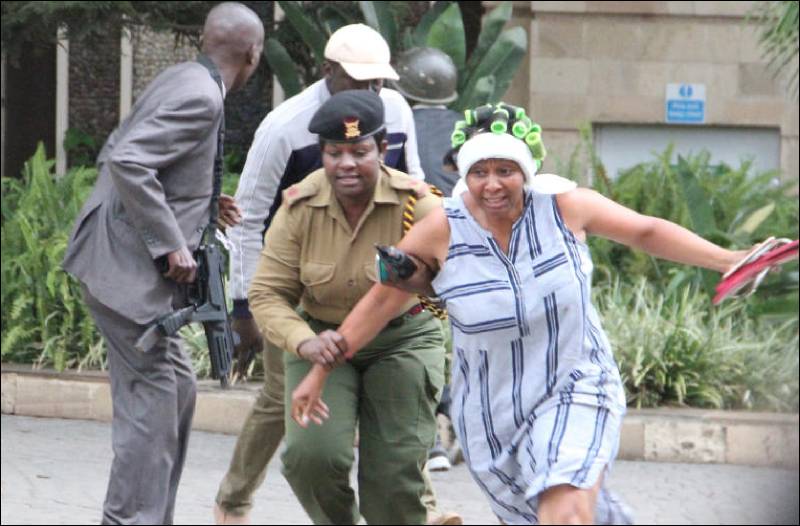×
The Standard e-Paper
Kenya’s Boldest Voice

Acts of kindness to strangers or friends might land you on the wrong side of anti-terror laws.
When terror suspects are arrested, law enforcement agencies carry out investigations including where the suspects lived and calls made from their cellphones.